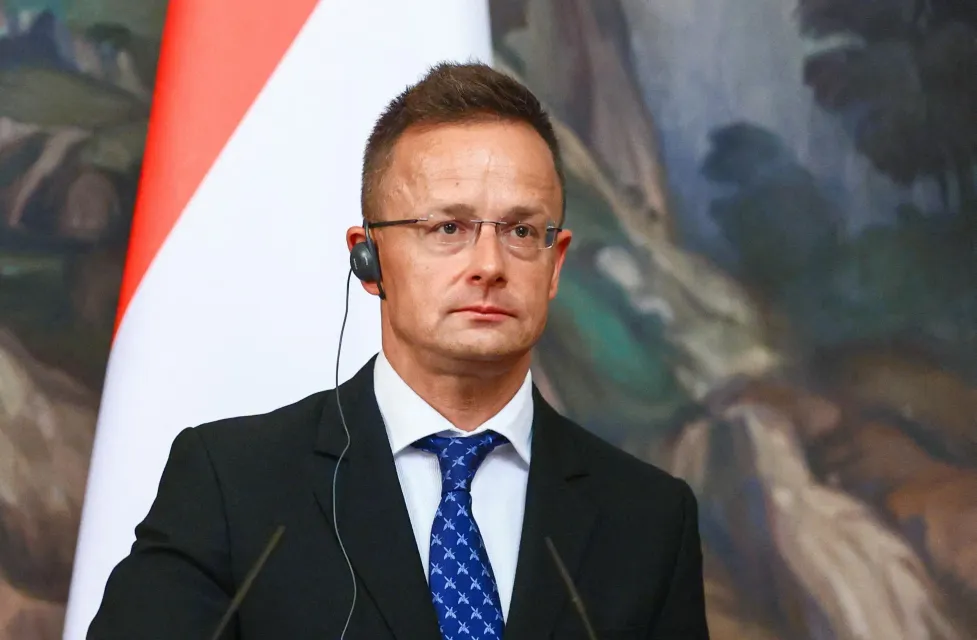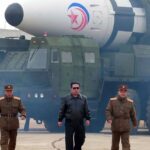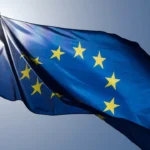During a recent visit to Belarus for the second Eurasian Security Conference, Hungarian Foreign Minister Peter Szijjarto made headlines by expressing strong criticism of European diplomatic practices. He condemned the economic sanctions imposed on Belarus and Russia, asserting that the West is attempting to create a “great hegemony of opinions.”
In his address at the forum, Szijjarto expressed gratitude for the opportunity to speak in Minsk, saying, “It is a great honor for me to be in Minsk again. […] Let us hope together that we will not be criticized in Brussels for this discussion.” This statement highlights the ongoing tension between Hungary’s foreign policy and the broader European Union stance, particularly since Szijjarto’s visit marks his third trip to Belarus since Russia’s invasion of Ukraine in February 2022.
Ongoing Sanctions and Diplomatic Tensions
Hungary has maintained its diplomatic relations with Belarus, despite the latter facing significant economic sanctions. These sanctions were introduced by Brussels in response to the crackdown on a historic opposition movement against the 2020 presidential election, which was widely regarded as fraudulent. Belarusian President Alexander Lukashenko has strengthened his country’s ties with Russia as a means of solidifying his grip on power.
The Belarusian regime is also subject to sanctions from Western nations due to its involvement in the ongoing war in Ukraine. Szijjarto, however, openly criticized these measures, stating, “We do not accept any restrictions against those with whom we cooperate. We do not favor sanctions policies.” He argued that it is crucial to maintain dialogue with both Moscow and Minsk to halt the escalation of modern conflicts.
A Call for Broader Political Discourse
Szijjarto further lamented the state of political discourse in Europe, suggesting that it has devolved into a superficial debate where dissenting opinions are stifled. He claimed that the West is attempting to enforce a singular narrative, saying, “If you do not follow the dominant opinion 100%, then your right to express your own opinion is instantly questioned and contested. If you are not willing to meet the general demands completely, you are immediately subjected to attacks and accusations.”
This statement echoes a growing concern among several Eastern European leaders who feel that the prevailing liberal democratic narrative in the West does not accommodate their differing views. The Hungarian Foreign Minister’s remarks at the Minsk conference come amidst increasing geopolitical tensions and ideological divisions within Europe, particularly surrounding issues of national sovereignty, immigration, and economic policies.
Conclusion: Navigating Complex Relations
Szijjarto’s visit and statements at the Minsk Security Forum reflect Hungary’s unique position within the EU and its willingness to engage with countries like Belarus and Russia, which are often criticized by other member states. As Hungary continues to forge its path in foreign diplomacy, the implications of these relationships will likely influence not only Hungary’s future but also the broader dynamics of Eastern and Western European relations.
While the Hungarian government champions dialogue and cooperation with nations under sanctions, the EU remains divided on how best to handle its external relations, especially concerning countries like Belarus and Russia. Szijjarto’s perspective raises important questions about the effectiveness of current sanctions and the future of European diplomacy in a rapidly changing global landscape.
This article is originally published on lejdd.fr








